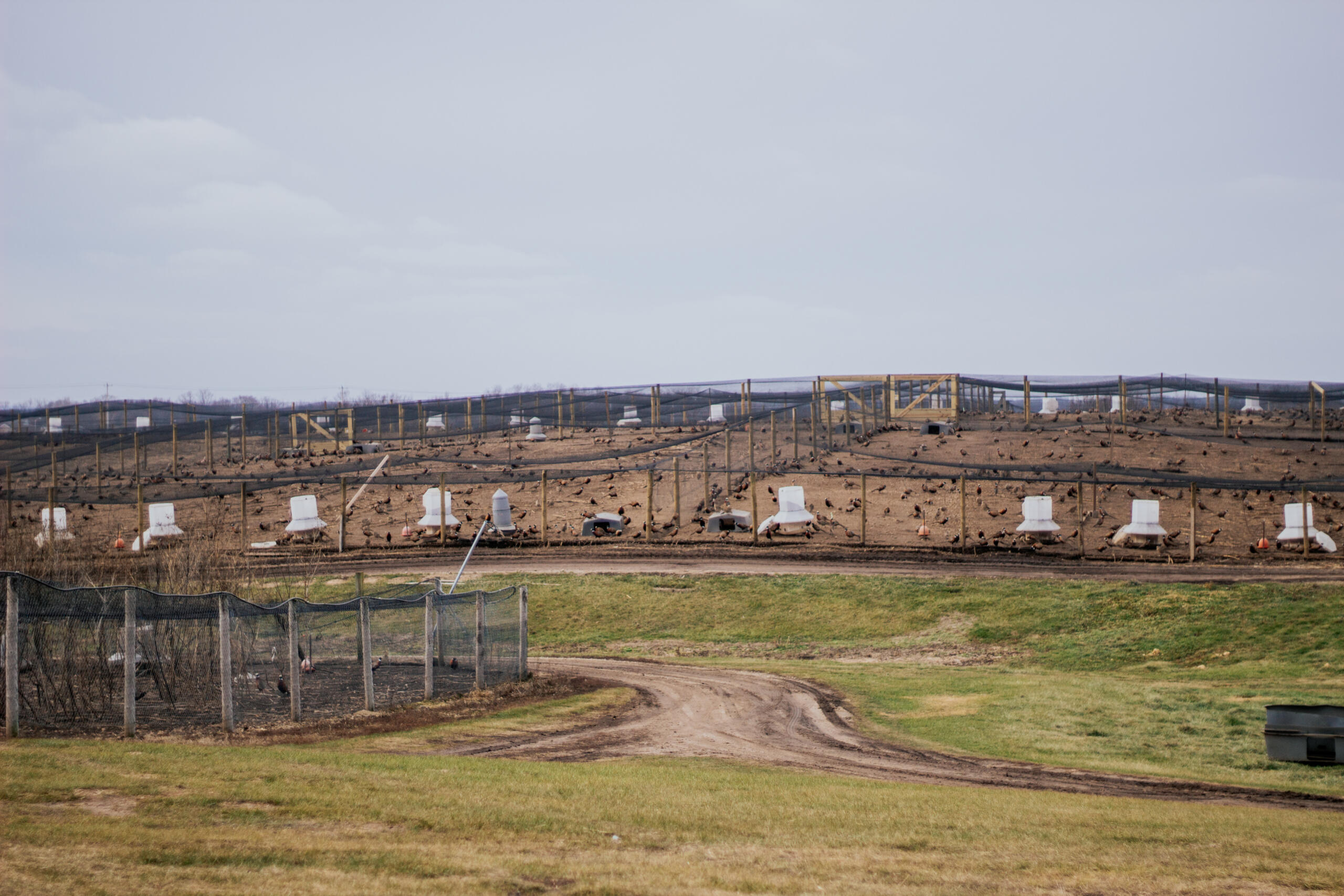
Preparing Our Barns & Pens Each Spring
At MacFarlane Pheasant Farm, the arrival of each new season brings with it a fresh set of challenges and opportunities as we prepare our barns and pens for the incoming batches of pheasants. We're committed to keeping things safe, clean, and running smoothly. This post details our carefully crafted process [...]
Read Post
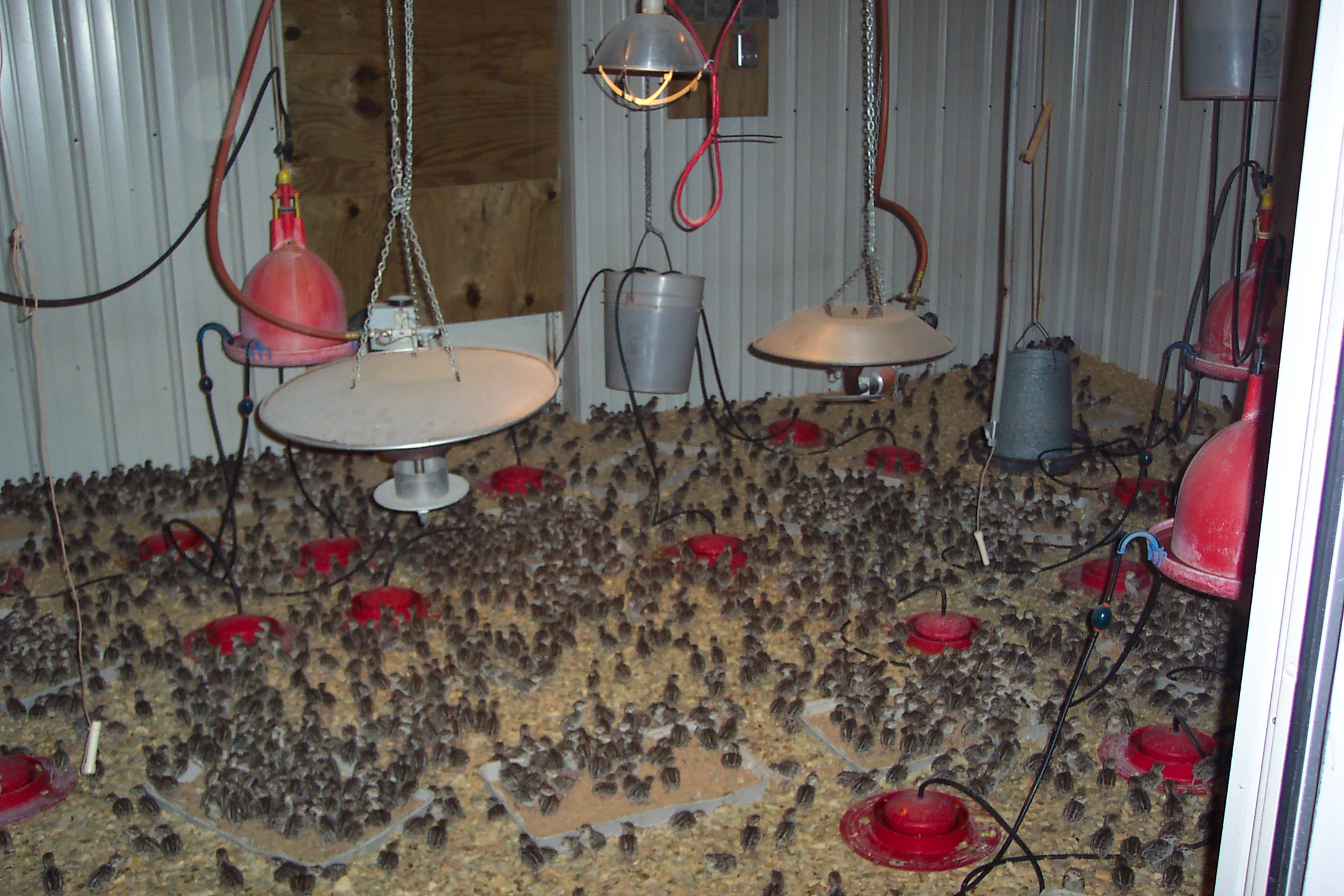
How We Prepare For Brooding Our Chicks
Once our brooding season is complete, we still have work to do at MacFarlane Pheasants. This year’s major off-season projects were deep cleaning, maintenance, and organization. Brian Davis, our Brooder manager, explains our reasoning perfectly. “Deep cleaning adds integrity to our biosecurity plan and helps our equipment run properly. Organization [...]
Read Post
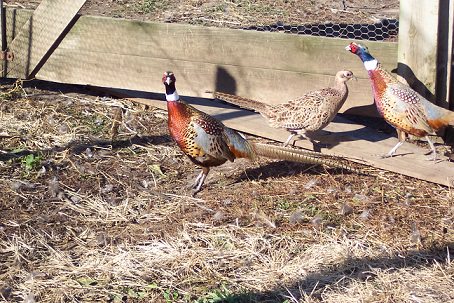
How Does MacFarlane Pheasants Keep Game Birds And Facilities Secure?
The pheasants and other game birds we raise are an important asset to our farm. Virtually all of our expenses are related to their care and protection! Locking all our facilities and flight pens daily gives us peace of mind at the end of the day. Importance of Locking Gates [...]
Read Post
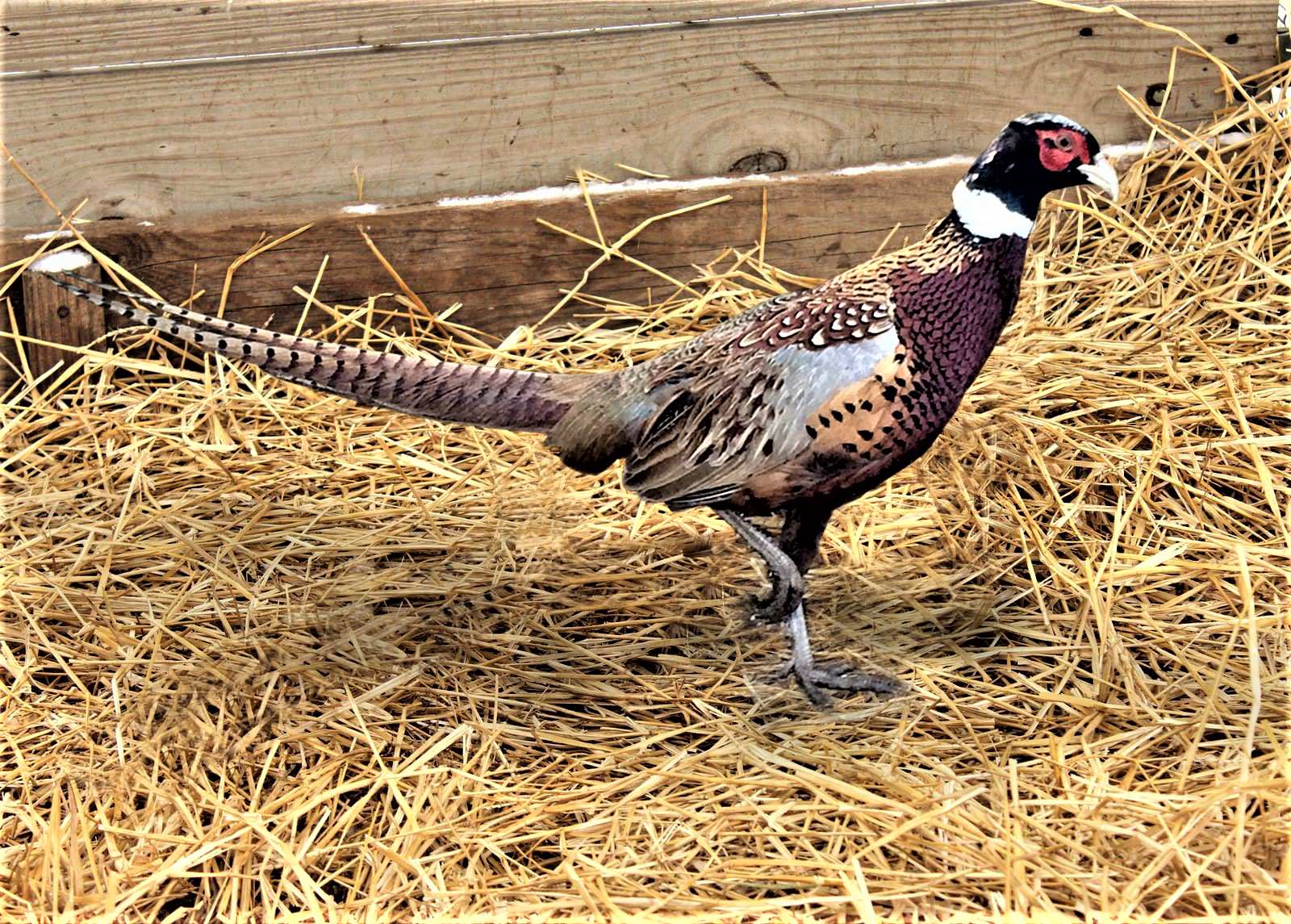
Gamebird Industry Risks
The gamebird industry is changing in significant ways due to the many risks that are involved in raising birds. The economy, weather and the Avian Influenza outbreaks that have happened throughout the world In the past five years have impacted the gamebird industry in many ways. Gamebird producers have witnessed [...]
Read Post
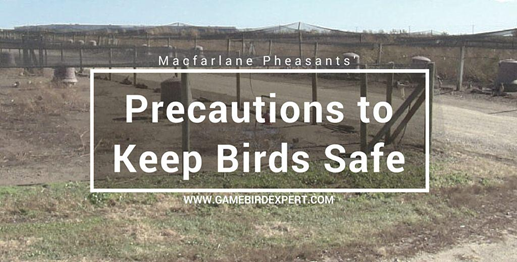
Best Practices For Keeping Game Birds Safe At MacFarlane Pheasants
We implemented biosecurity practices 35 years ago at MacFarlane Pheasants, and each year we refine our procedures to protect our game birds from disease. Our biosecurity team meets monthly to review protocols and to respond to the latest biosecurity concerns in bird populations. Avian Flu ( a serious bird virus) [...]
Read Post
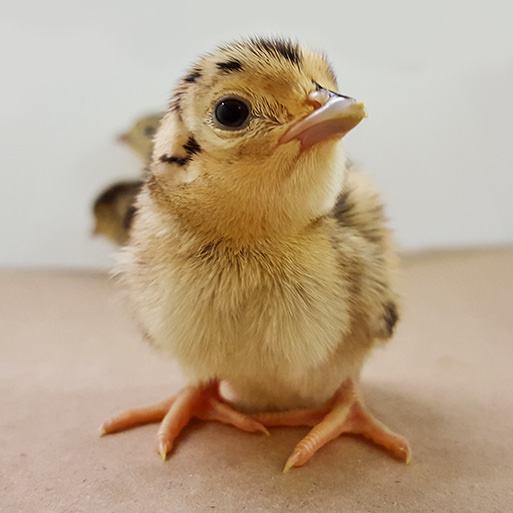
Single-Stage and Multi-Stage Pheasant Egg Incubation
Hatching pheasant eggs requires an incubation time of 23-25 days. The incubation time is affected by temperature, genetics and management; these factors are considered the most important part of hatching in our hatchery department. There are two different processes to hatch poultry eggs – single-stage and multi-stage incubation. We use [...]
Read Post
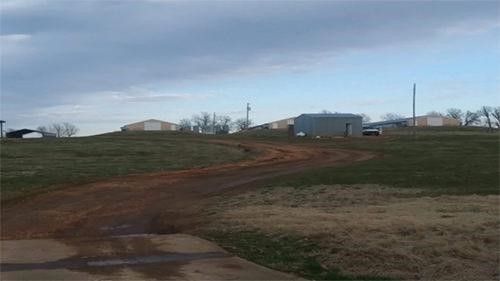
Transitions Between Breeder Seasons in Missouri
Troy Cisewski, our Production Manager, oversees the three MacFarlane Pheasants’ farms in Missouri. They are all located within a 30-minute driving distance of each other. The primary purpose for having the Missouri farms is biosecurity. Multiple egg sources protect us if a disease occurs and other farms would need to [...]
Read Post
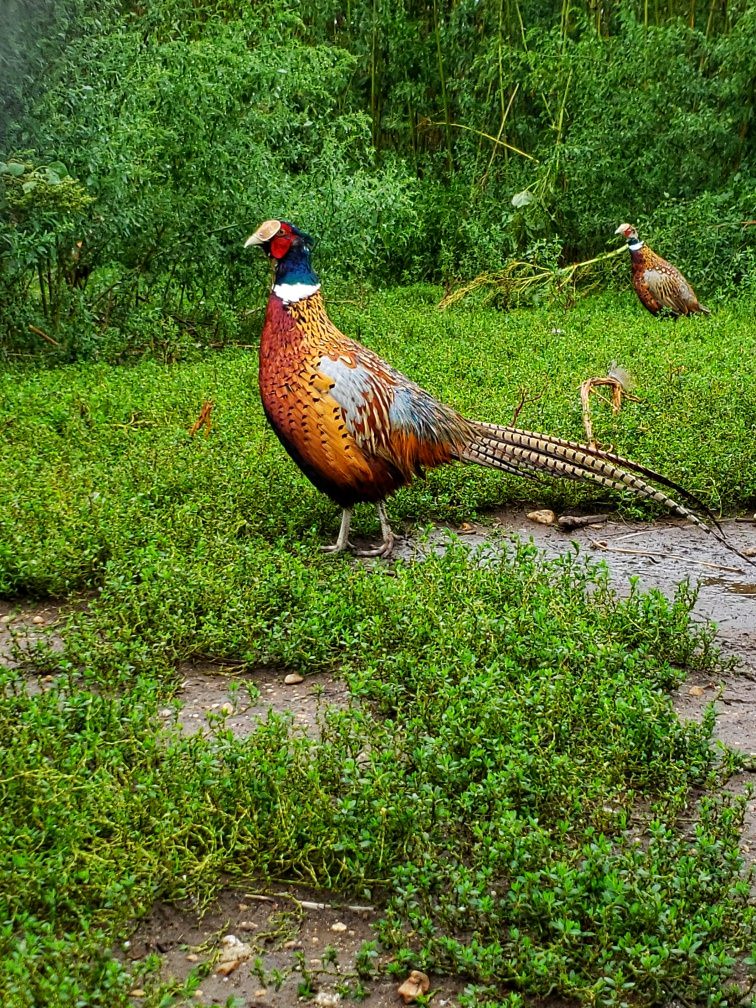
What is the Story Behind Mature Bird Sales at MacFarlane Pheasants?
During the 2022-2023 Mature Bird Season at MacFarlane Pheasants, you can still get on a waiting list if you would like to get pheasants or chukars, but at this time, we are sold out. Our customers are ordering more birds every year, so it is vital to learn about the [...]
Read Post
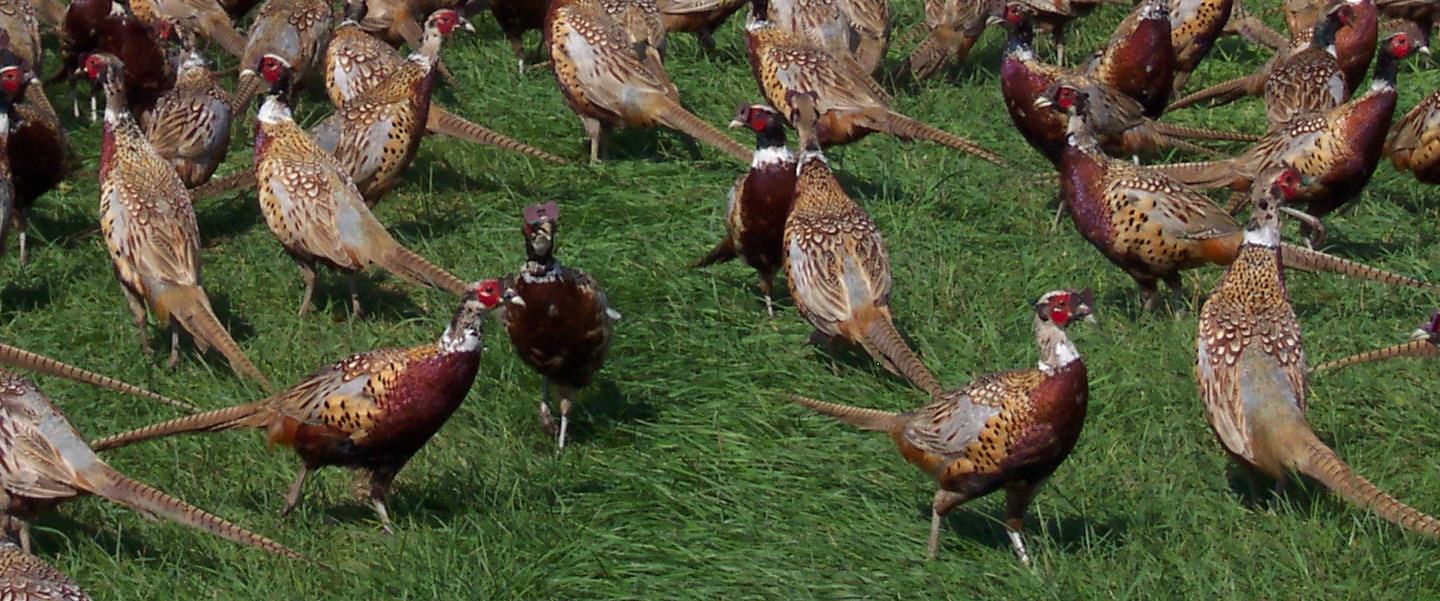
Yellowstone Boys and Girls Ranch Raises Pheasants
MacFarlane Pheasants 12th Bi-Annual International Pheasant Management Seminar was held in early March. There was a broad range of topics covered and guests from all over the world in attendance. Cass Cole and Jim Klempel were two truly interesting guests. Jim and Cass traveled to Janesville from Billings, Montana. Jim [...]
Read Post
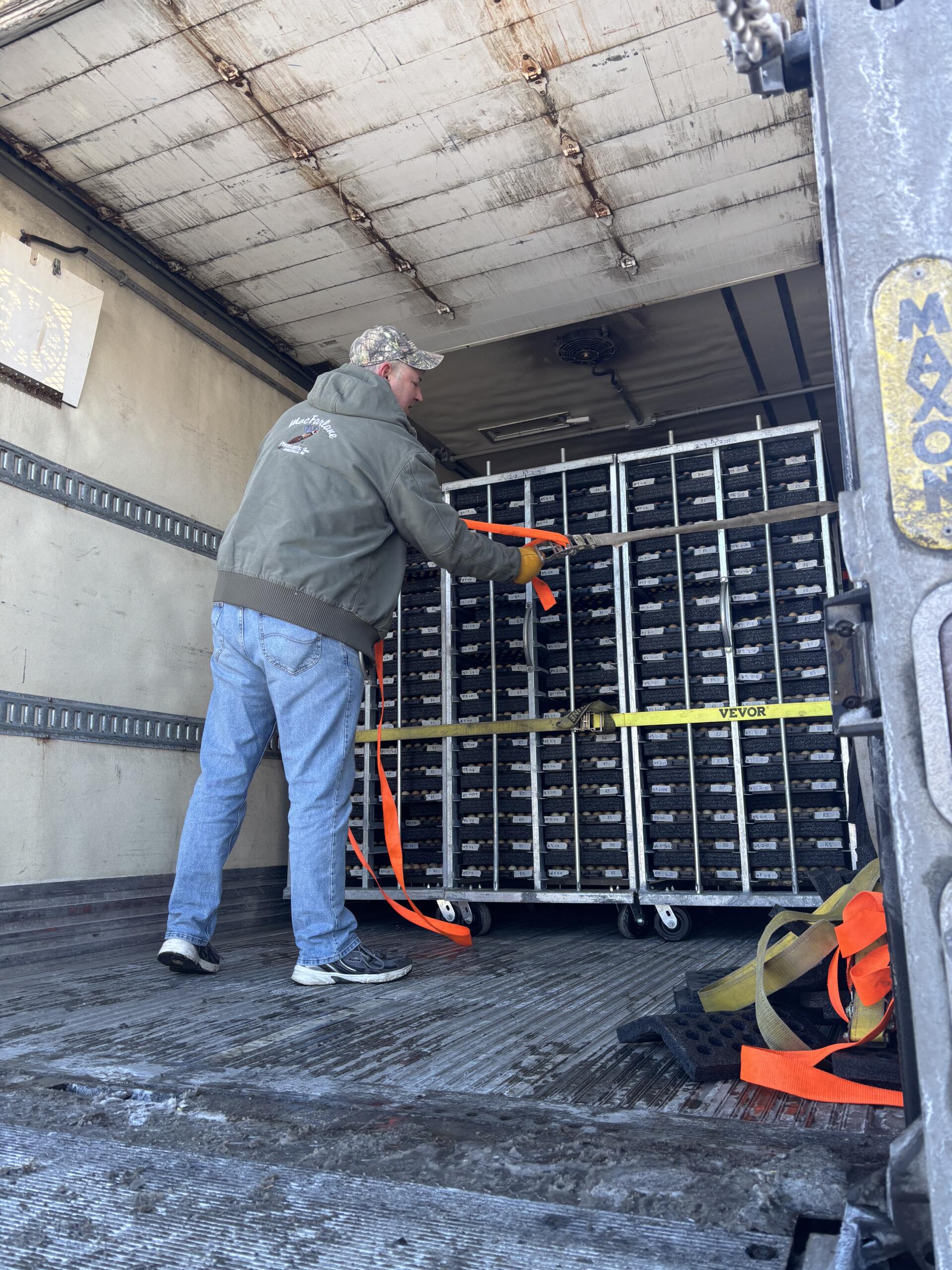
MacFarlane Pheasants Has Breeder Facilities in Missouri
MacFarlane Pheasants has 18,000 breeder hens in Missouri. Troy Cisewski, our Production Manager, is responsible for overseeing the three sites we have there. They are all located within a 30-minute driving distance of each other. One of the main reasons we decided to use other sites so far away from [...]
Read Post
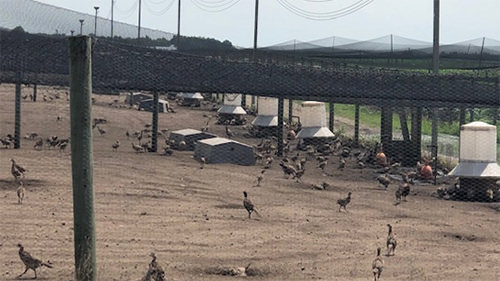
We have Jobs Available at MacFarlane Pheasants In Janesville, WI
We currently have jobs available at our family-owned business in Janesville, Wisconsin. Our game bird farm (specializing in pheasants) has been in business since 1929 and we attribute our success to the wonderful employees who have worked here over our long history. We are an equal opportunity employer and want to fill [...]
Read Post

MacFarlane Pheasants is Excited About Ruff Tough Kennels for Gamebird Shipping
We are in the process of switching over to plastic crates from Ruff Tough Kennels, to ship our pheasants and partridges. Eventually, wood crates will be outlawed because they are not able to be disinfected, easily. This is why plastic crates are a big deal in the game bird industry, [...]
Read Post
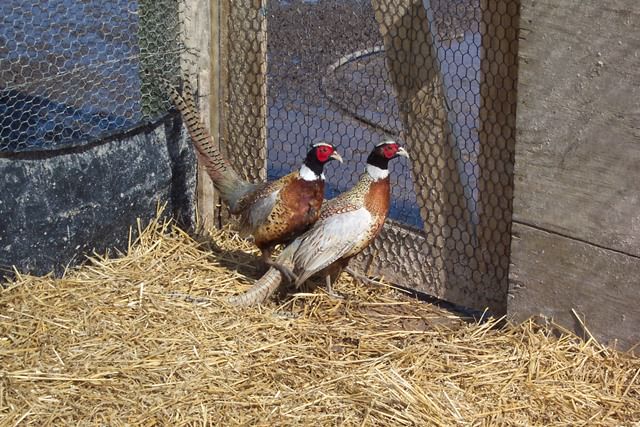
Reasons Why Buyers Prefer MacFarlane Pheasants
The number one trait buyers look for in a pen raised bird is performance like a bird naturally found in the wild. We have literally used a lifetime of experience to raise all of our pheasants with the attributes of a perfect wild pheasant. Our birds are uniform in size [...]
Read Post
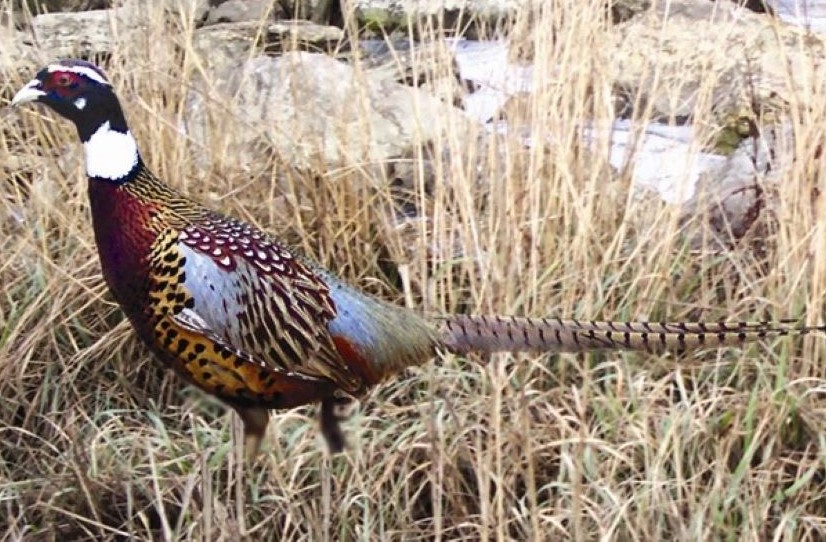
How do we ship game birds?
MacFarlane Pheasants Inc. ships pheasants and other game birds in shipping crates built by a dedicated on-staff carpenter. Basically, we use what we call a warm weather small crate and a cold weather large crate. Recently, we began trying out the use of manufactured plastic crates. Avian Influenza is a [...]
Read Post

Why Can’t I own Birds if I Work at MacFarlane Pheasants?
Health and safety are topics that are always at the forefront of our planning at MacFarlane Pheasants. Health and safety go hand in hand with biosecurity. That is why it states specifically in our employee handbook that employees are forbidden to own birds of any kind. There are many backyard [...]
Read Post

Who Benefits from Our Feed Truck?
The feed truck pictured here, has been in use for about a year now at MacFarlane Pheasants. In the past we had feed delivered from a third-party vendor. The feed truck purchase has definitely improved our ability to take charge of our feeding schedule and costs. Our truck holds 15-18 [...]
Read Post
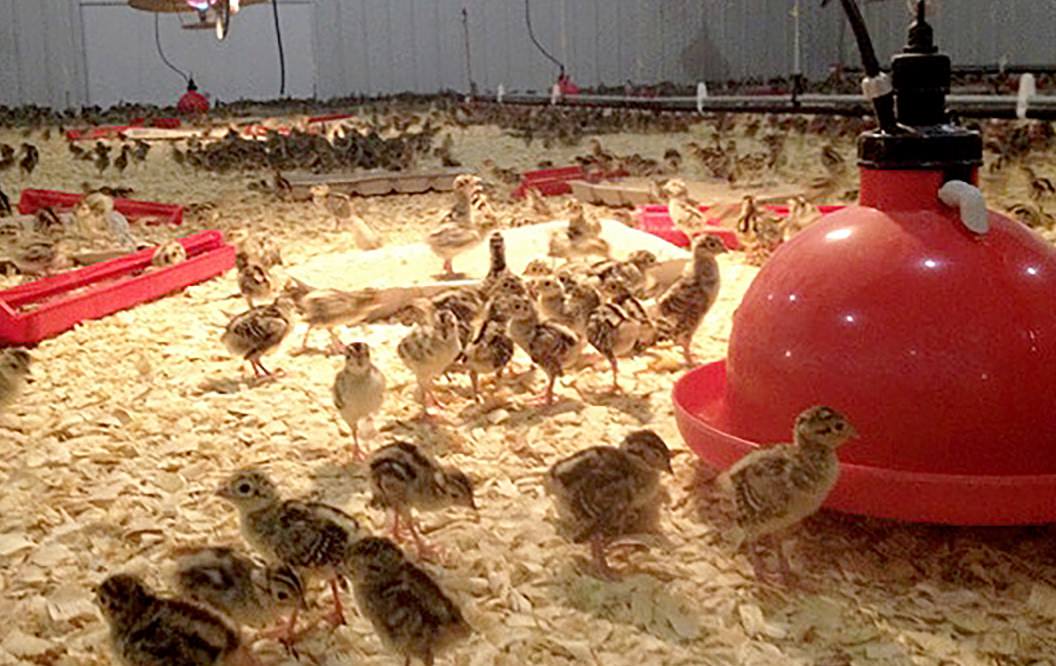
What Does It Take to Sanitize 21 Brooder Rooms?
Yep, you heard it right! We have 21 brooder rooms in our Brooder Department. We spend quite a bit of time keeping our rooms in perfect condition. The cleaning and sanitizing process takes place 3, 4, or even 5 days a week and each area can take several hours to [...]
Read Post

How to Protect Pheasants From Wild Birds and Ground-Dwelling
Predators The protection of our pheasants and the other game birds we raise is a high priority at MacFarlane Pheasants, Inc. Wild birds are a hazard we can’t afford to ignore! Birds of prey, such as red-tailed hawks, turkey vultures, and even bald eagles, prey on our pheasants. Starlings populations [...]
Read Post
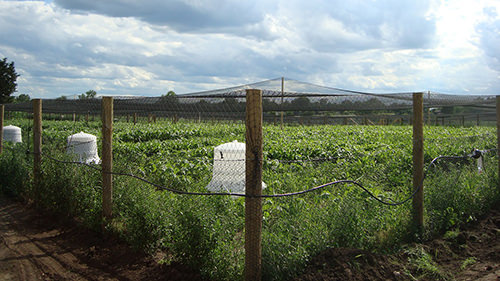
Keeping Wild Birds off of Game Farms
MacFarlane Pheasants has over 150 acres of netted covered pens. When you are dealing with this much land, you can expect to have a few furry or feathered visitors! Keeping those visitors off of our property is extremely important in the prevention of the spread of diseases and the predation [...]
Read Post
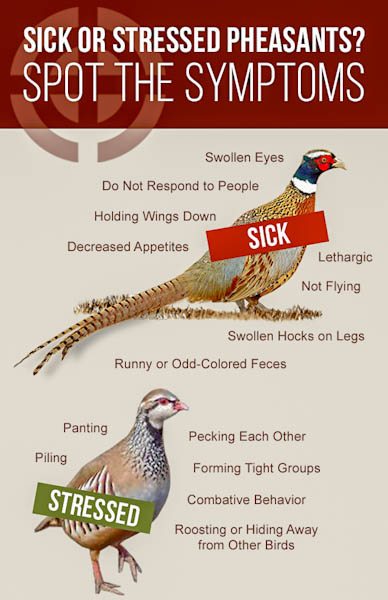
Signs of Sickness or Stress in Birds
MacFarlane Pheasants is proud of our humane treatment of birds and our strict biosecurity practices. It is important to recognize the signs of sickness and stress in our birds. Higher mortality rates than normal could signal either stress or sickness, and there are other symptoms to watch for, as well. [...]
Read Post

